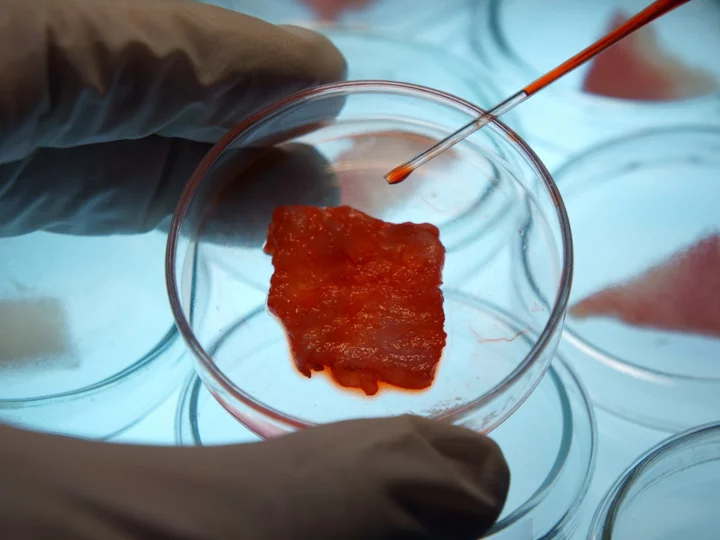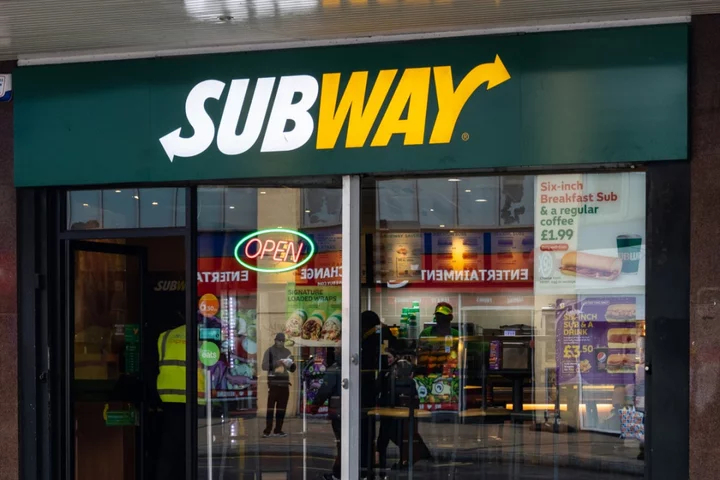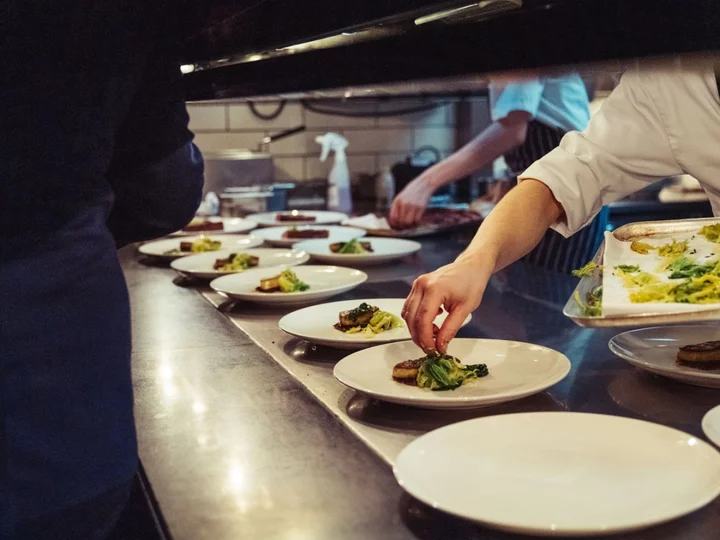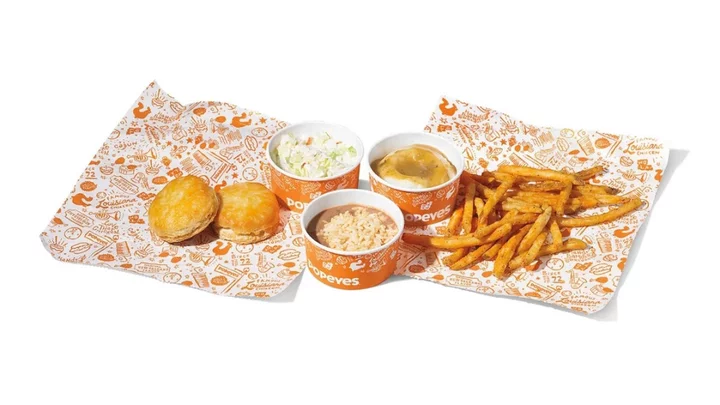US companies receive approval to sell nation’s first ‘lab-grown’ chicken
Regulators in the United States have approved the sale of chicken made from cultivated cells, marking a huge step for the nation’s first “lab-grown” meat. The move comes after Good Meat, a developer of chicken grown from animal cells, announced in March 2023 that it had received a “no-questions” letter from the Food and Drug Administration, which indicated the FDA was satisfied that the product was safe to sell, according to CNN. Upside Foods, another company that makes chicken using cultured cells, received a similar letter from the FDA in November, the outlet reported. At the time, Dr Uma Valeti, the founder and CEO of Upside Foods, called the approval a “watershed moment,” noting it’s “never happened before in the history of humanity”. However, before the lab-grown meat could be made available to US consumers, it required approval from the US Department of Agriculture. With Tuesday’s approval by the Agriculture Department of federal inspections required to sell meat and poultry in the US, the two California companies will be able to make the lab-grown chicken available to restaurants and, later, to supermarkets. The goal of lab-grown meat is both to eliminate harm to animals and to reduce the enivornmental impacts of traditional animal agriculture. “Instead of all of that land and all of that water that’s used to feed all of these animals that are slaughtered, we can do it in a different way,” said Josh Tetrick, co-founder and chief executive of Eat Just, which operates Good Meat. The cultivated meat is made using cells from a living animal and grown in steel tanks. Upside’s lab-grown meat first comes out in large sheets, before it is then formed into recognisable chicken shapes, while Good Meat turns the chicken cells into cutlets, nuggets, shredded meat and satays. Good Meat’s chicken is already available in Singapore, the first country to allow the sale of lab-grown meat. As for when individuals living in the US can expect to see the meat in grocery stores, it will likely be some time, as the lab-grown chicken is more expensive than traditional meat, and cannot yet be produced on the same scale, according to Ricardo San Martin, director of the Alt:Meat Lab at University of California Berkeley. However, those eager to try the cell-cultivated meat will be able to do so in certain restaurants, with Upside partnering with San Francisco restuarant Bar Crenn to make the meat available to consumers, while dishes made with Good Meat will be served at Chef Jose Andrés’ restaurant in Washington, DC. According to Amy Chen, Upside’s chief operating officer, the most common response the company has gotten from people who have tried the meat is that it “tastes like chicken”. Read More Lab-grown meat is worse than real thing for climate. But will it always remain that way? Company creates mammoth meatballs using DNA from extinct animal Lab-grown meat takes one step closer to hitting supermarket shelves

Regulators in the United States have approved the sale of chicken made from cultivated cells, marking a huge step for the nation’s first “lab-grown” meat.
The move comes after Good Meat, a developer of chicken grown from animal cells, announced in March 2023 that it had received a “no-questions” letter from the Food and Drug Administration, which indicated the FDA was satisfied that the product was safe to sell, according to CNN.
Upside Foods, another company that makes chicken using cultured cells, received a similar letter from the FDA in November, the outlet reported. At the time, Dr Uma Valeti, the founder and CEO of Upside Foods, called the approval a “watershed moment,” noting it’s “never happened before in the history of humanity”.
However, before the lab-grown meat could be made available to US consumers, it required approval from the US Department of Agriculture.
With Tuesday’s approval by the Agriculture Department of federal inspections required to sell meat and poultry in the US, the two California companies will be able to make the lab-grown chicken available to restaurants and, later, to supermarkets.
The goal of lab-grown meat is both to eliminate harm to animals and to reduce the enivornmental impacts of traditional animal agriculture.
“Instead of all of that land and all of that water that’s used to feed all of these animals that are slaughtered, we can do it in a different way,” said Josh Tetrick, co-founder and chief executive of Eat Just, which operates Good Meat.
The cultivated meat is made using cells from a living animal and grown in steel tanks. Upside’s lab-grown meat first comes out in large sheets, before it is then formed into recognisable chicken shapes, while Good Meat turns the chicken cells into cutlets, nuggets, shredded meat and satays. Good Meat’s chicken is already available in Singapore, the first country to allow the sale of lab-grown meat.
As for when individuals living in the US can expect to see the meat in grocery stores, it will likely be some time, as the lab-grown chicken is more expensive than traditional meat, and cannot yet be produced on the same scale, according to Ricardo San Martin, director of the Alt:Meat Lab at University of California Berkeley.
However, those eager to try the cell-cultivated meat will be able to do so in certain restaurants, with Upside partnering with San Francisco restuarant Bar Crenn to make the meat available to consumers, while dishes made with Good Meat will be served at Chef Jose Andrés’ restaurant in Washington, DC.
According to Amy Chen, Upside’s chief operating officer, the most common response the company has gotten from people who have tried the meat is that it “tastes like chicken”.
Read More
Lab-grown meat is worse than real thing for climate. But will it always remain that way?
Company creates mammoth meatballs using DNA from extinct animal
Lab-grown meat takes one step closer to hitting supermarket shelves









